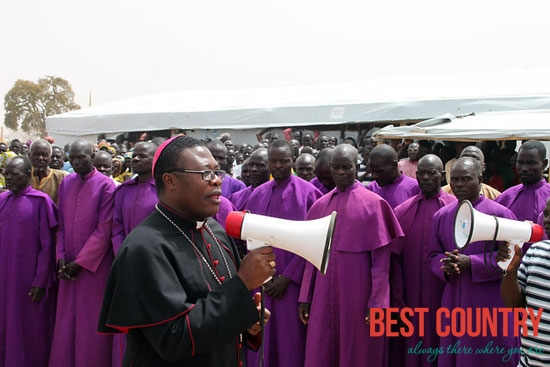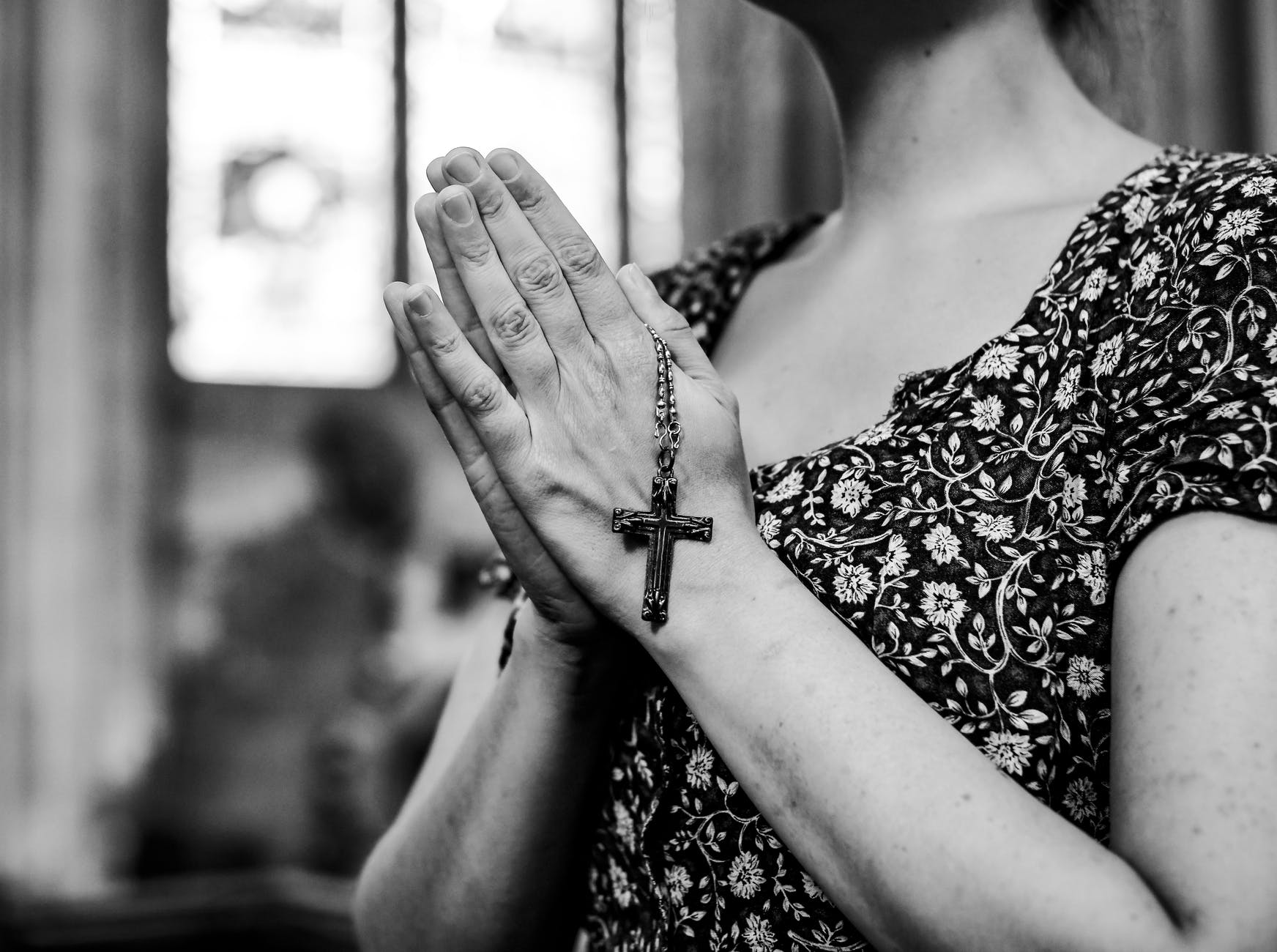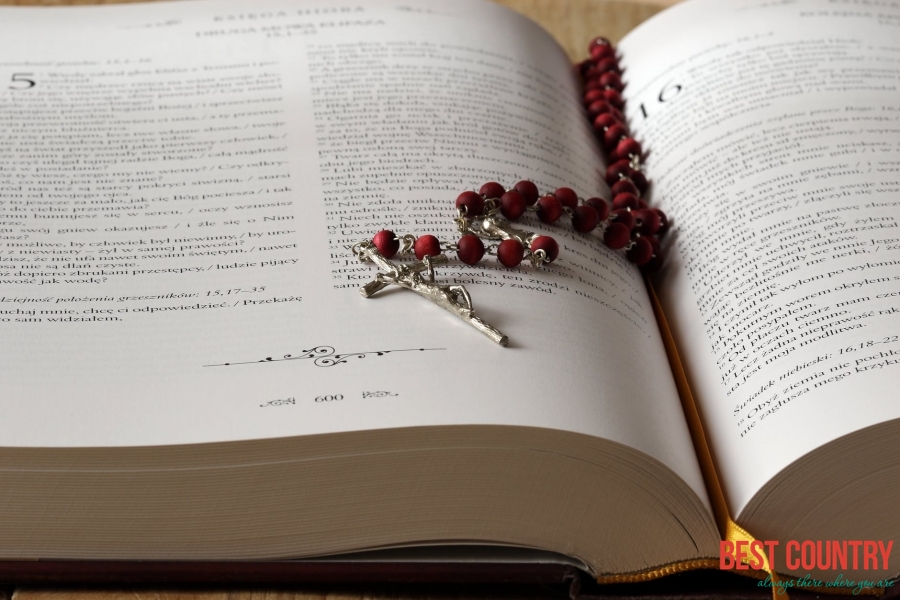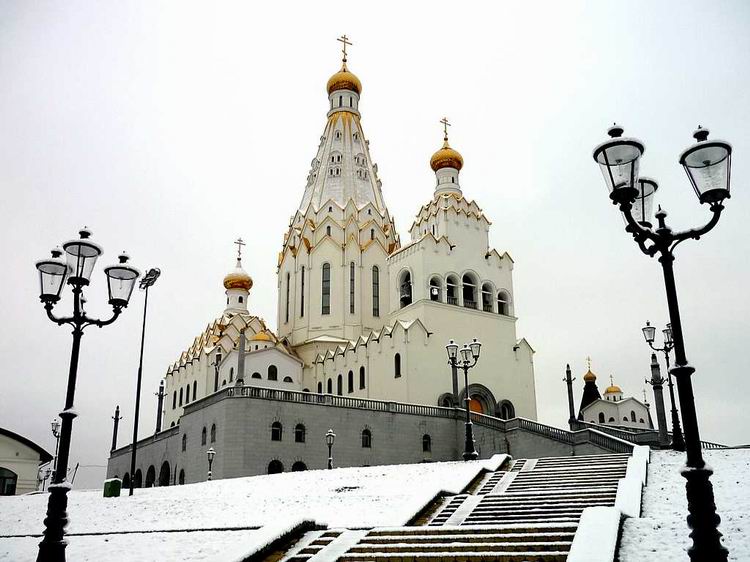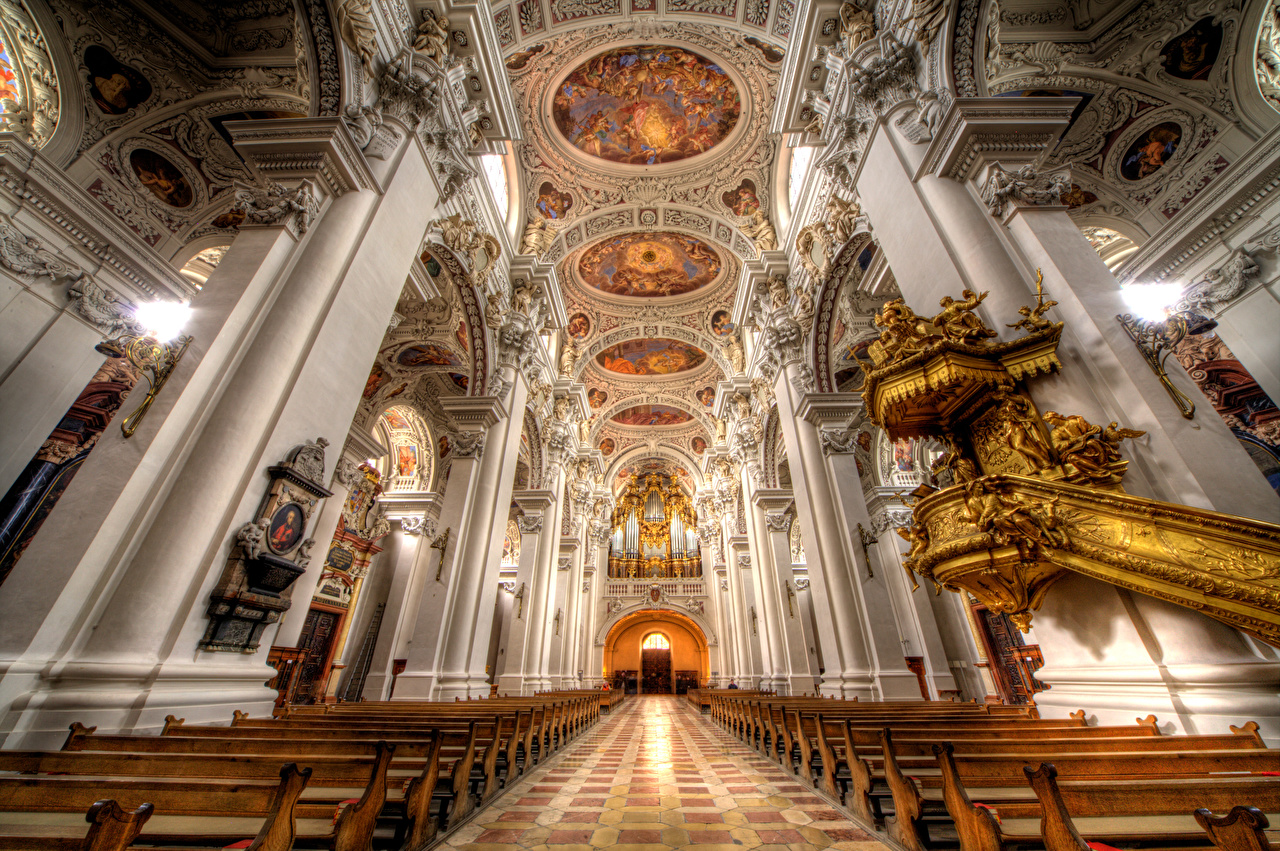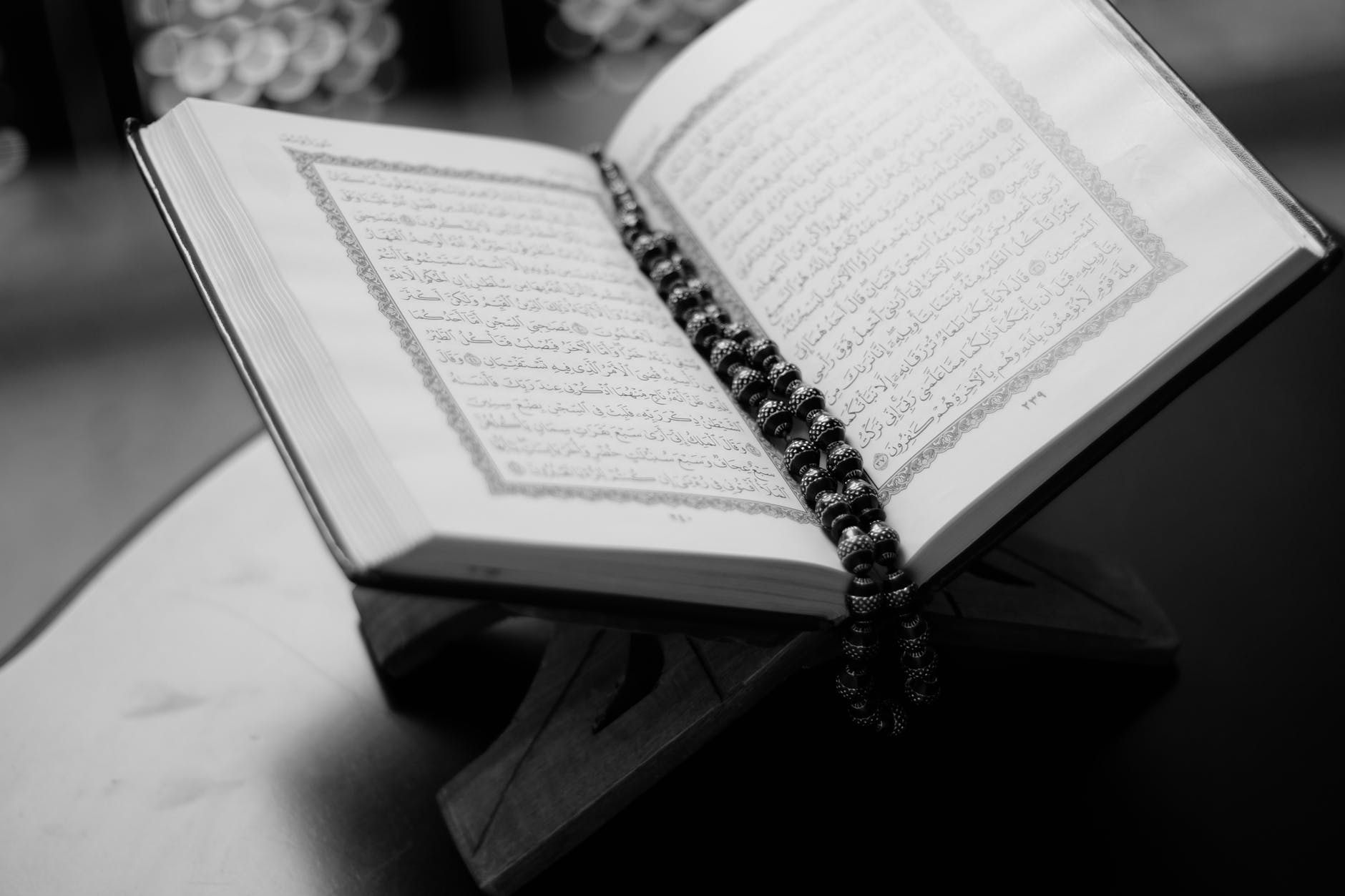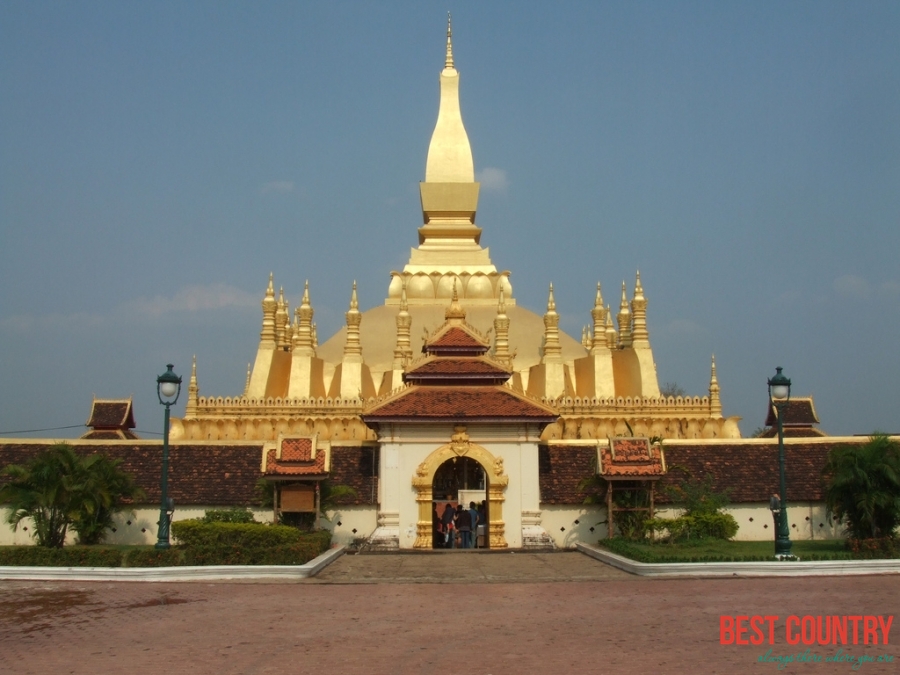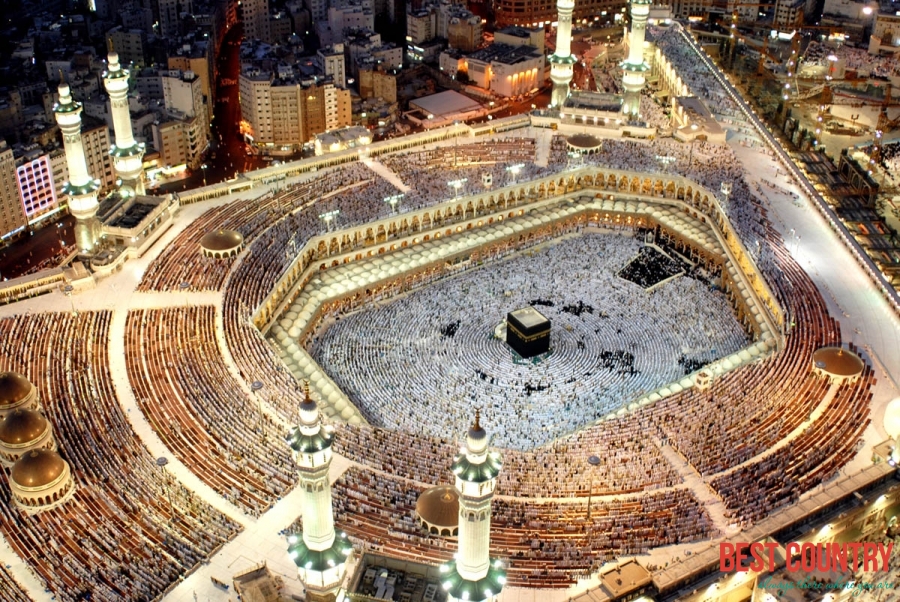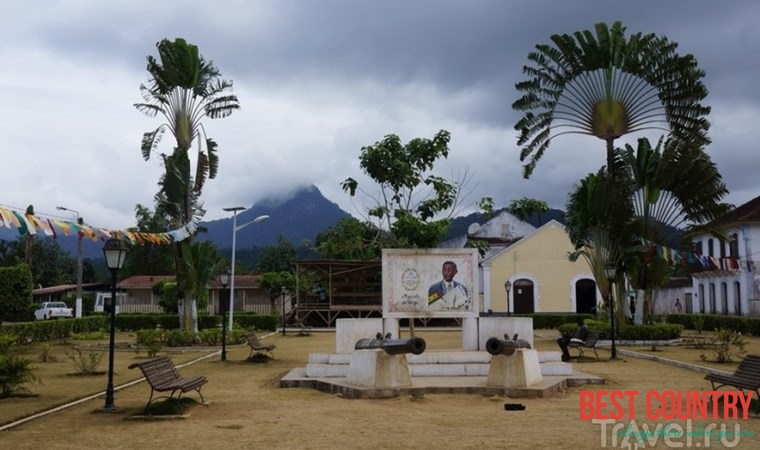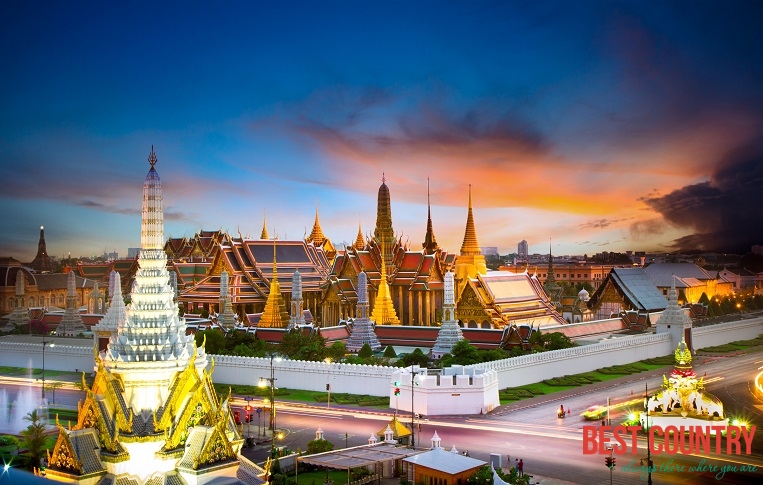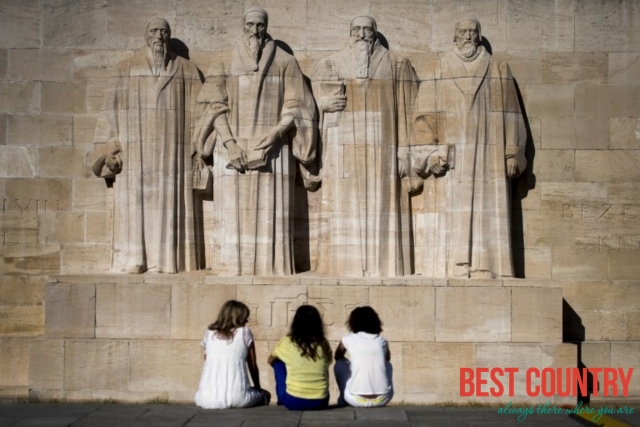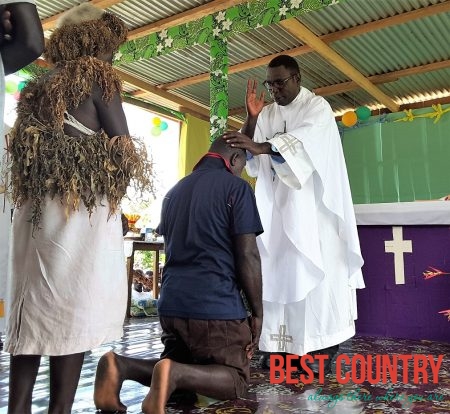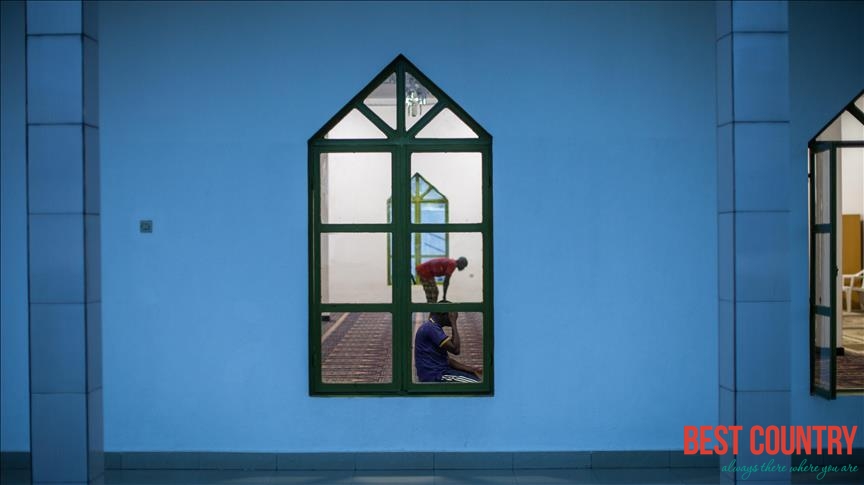Religion in different countries
Religion in Cameroon
Christianity and Islam are the two main religions in Cameroon. Christian churches and Muslim centres of various denominations operate freely throughout Cameroon.
Religion in Zambia
Zambia is officially a Christian nation according to the 1996 constitution, but a wide variety of religious traditions exist.
Religion of Belgium
In Belgium, Roman Catholicism is the majority religion, accounting for between 75% and 80% of the population, although as of 2004 only about 10% to 20% of the population regularly goes to church.
Religion of Belarus
Belarusians have always been tolerant to other religions. Perhaps, it is so because they always lived on the boundary between paganism and Christianity, as it was in the X century when the Prince of Kiev decided to convert Belarusians to the “true faith”; between the Orthodoxy and Catholicism, as in the times of the Great Lithuanian Principality and Rzecz Pospolita; between the faith and atheism during the era of the USSR.
Religion of Austria
Religion of Austria is largely Roman Catholic in nature with staunch orthodoxy prevailing in the lives of the countrymen for long period of time. Its history can be traced back as early as 16 th and 17 th centuries in the Habsburg Dynasty when severe conflict existed between the two main Christian communities – the Roman Catholics and Protestants. The Habsburg monarchs were strong supporters of Catholicism, which helped it to continue as the principal religion of Austria.
Religions of Albania
Historically, Islam has been the majority religion of Albania, despite Communist efforts to enforce an atheistic, secular state. In 1967, the government closed more than 2,100 mosques, churches, monasteries, and other places of worship and declared the country an atheist state.
RELIGION AND BELIEFS IN LAOS
Within Laos approximately 60-70% of the population are said to be Theravada Buddhists, with the remaining population largely following Animism in the form of spirit (phii) worship.
Religion in Saudi Arabia
There are about 25 million people who are Muslim, or 97% of the total population. Data for Saudi Arabia comes primarily from general population surveys, which are less reliable than censuses or large-scale demographic and health surveys for estimating minority-majority ratios.
Religion in São Tomé and Príncipe
Almost all residents belong to the Roman Catholic, Evangelical Protestant, or Seventh-day Adventist churches, which in turn retain close ties with churches in Portugal. There is a small but growing Muslim population.
Religion of Thailand
While roughly 95% of the Thai people are practitioners of Theravada Buddhism, the official religion of Thailand, religious tolerance is both customary in Thailand and protected by the constitution.
The religion in Greece
The Greek population is composed of a 97% of Christian Orthodox. The rest of the population is Muslim, Roman Catholic and Jewish. Greece (and the Greek Islands) and Russia are the only countries to have such a great proportion of people that belong to the Orthodox Church.
Religion in Switzerland
Switzerland has no state religion, though most of the cantons (except for Geneva and Neuchtel) recognize official churches (Landeskirchen), in all cases including the Catholic Church and the Swiss Reformed Church. These churches, and in some cantons also the Old Catholic Church and Jewish congregations, are financed by official taxation of adherents.
Religion in the Solomon Islands
In the Solomon Islands approximately 92.0 percent of the population is affiliated with one of the following Christian churches: Anglican, 35 percent; Roman Catholic, 19 percent; South Seas Evangelical, 17 percent; Methodist, 11 percent; and Seventh-day Adventist, 10 percent.
Religion in Rwanda
The most recent statistics on religion in Rwanda were published by the US Government in 2013, yet the source information dates back to the national Census of 2002, which reports that: 56.9% of the Rwanda's population is Roman Catholic, 26% is Protestant, 11.1% is Seventh-day Adventist, 4.6% is Muslim (mainly Sunni), 1.7% claims no religious affiliation, and 0.1% practices traditional indigenous beliefs.
